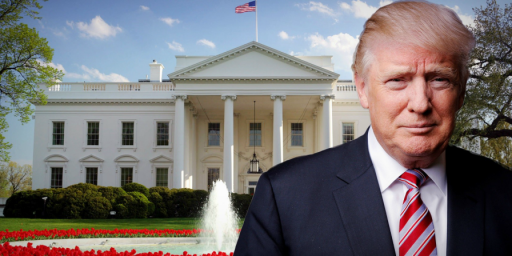FBI Leaks Are Hampering British Investigation Into Terror Plot
British Security Services have been chastising the FBI, claiming that the Bureau’s leaks to the media have hampered their investigations into the recent plot to bomb several transatlantic flights.
Anti-terror police in Britain have made an angry request to their US counterparts asking them to stop leaking details of this month’s suspected bomb plot over fears that it could jeopardise the chances of a successful prosecution and hamper the gathering of evidence.
The British security services, MI5 and MI6, are understood to be dismayed that a number of sensitive details surrounding the alleged plot – including an FBI estimate that as many as 50 people were involved – were leaked to the media.
FBI sources confirmed to The Observer that the bureau had been ordered to stop briefing at the request of the British authorities. ‘The shutters have come down,’ a bureau source said. ‘We have been told not to discuss the case any more.’
Personally, I find most complaints about leaks to the media to be silly. By and large, I think that society is better off the more we know about what the government is up to. That said, I would never countenance any leak of, say, battle plans or our current troop positions. In the same way, I think that the FBI leaking details about a particular investigation is just as dangerous to American (and British) lives as leaking battlefield information. The British were right to complain, and I’m glad that the Bureau has stopped. The only shame is that they did it to begin with.





Let me assure you that it’s not only the Brits who complain about Chatty Cathies in the FBI. Practically every national law enforcement agency in the world believes the world would be better served if the FBI stopped digging for glory and STFU.
If you don’t spill info in DC, you’re a nobody. Nobody wants to be a nobody.
Usually, spilling someone else’s beans has little consequence, so it’s a hard habit to break.
Can you elaborate on why you equate information about a criminal investigation with wartime battlefield information, at least in terms of danger?
I’m sure Anderson will pipe up with an excuse any moment now.
Mark,
While a criminal investigation per se might not be equivalent, leaking details about terrorist plots prematurely could result in making it more difficult to find evidence and accomplices to the crimes, thereby increasing the likelihood of terrorist plots being successful in the future.
If the FBI isn’t allowed to leak, we’ll never know what a good job Bush is doing to protect us.
Mark,
Ask Dick Cheney. He’s got a lot to say on the subject…
Most people would be surprise how many little details often consider “no big deal†can cause great harm in investigation and/or war on terror. For example giving the 50 number changes much. Knowing that there were 50 can give the terrorist an idea of how many cells has been compromise. That way they can isolate the most likely compromise cells. Also they have an idea of the cells that do not need to be isolate and can continue forward with current operations. Knowing some of the counties that were involved is of great use to terrorist also.
Yes, we need to know generally what type of action our government is doing. However we do not need to know when and how. People’s curiosity including my own is not a right to be fulfill as many think it is, especially if it compromise national security.